Listen
http://rss.acast.com/viewfrom22/thedeathoffeminism/media.mp3
Who is the most politically interesting member of David Cameron’s cabinet? There’s a good case to be made for Michael Gove. He is as intent on reforming the justice system as he was our schools. If he succeeds, it will be the biggest transformation in Britain’s approach to criminal justice since the Roy Jenkins years. The prison population will begin to fall.
Or you could pick George Osborne, who has to maintain his position as the heir apparent, reposition the Tories as the workers’ party and at the same time preside over billions of pounds’ worth of cuts. Or there’s Liz Truss and Sajid Javid, secretaries of state who have delighted Downing Street by approaching the spending review with their Free Enterprise Group radicalism.
But the most politically interesting member of the cabinet right now is Theresa May. At first, this seems an odd choice. May has already been Home Secretary for five years and has no radical second-term agenda for the department. In Downing Street and among her cabinet colleagues the view is that her leadership moment has passed. They point out that by the time the contest begins she will be in her sixties. She won’t be the only female candidate in the race either; the Education Secretary Nicky Morgan has made clear that she will stand, family issues permitting.
What makes May so interesting, though, is her resolve to reduce immigration—and where that commitment might lead her. Other Tories dismiss their party’s stated aim of bringing immigration down to tens of thousands a year as silly and unachievable, but May believes in it. She meant what she said in her conference speech about high levels of immigration making it ‘impossible to build a cohesive society’.
In her determination to get a grip on immigration, May has been uncompromising with the rest of the cabinet. She is not a clubbable sort, anyway. Small talk doesn’t come easily to her. That is why she lacks the parliamentary following that you would expect one of the holders of a great office of state to have. Her sex comes into it, too. She was first elected in 1997, when there were only 13 female Tory MPs. This, and the small size of the Tory intake which she was part of, have made it hard for her to build a network of support in the Commons.
Which goes some way to explaining the barely disguised glee of too many of her colleagues at the poor reception for her conference speech. At the parties in Manchester that night, cabinet ministers were quick to point out the bad reviews it was receiving in the papers and to joke that she hadn’t got the memo about the moderate, one-nation theme of the conference. Attendees at the donors’ drinks were struck by how Cameron praised Boris’s speech, which followed May’s, while barely mentioning hers. He then said that the government was trying to create a ‘one-nation, cohesive society’ which several of those present took as a dig at the Home Secretary.
The other reason so many cabinet colleagues were so keen to declare May’s speech a failure is Boris Johnson. Ministers are acutely aware that the Mayor of London will be offered a Cabinet job once his time at City Hall is done and, as one of them puts it: ‘We’re all a bit worried about what they’ll give him’. One Secretary of State believes that this is why Philip Hammond, the Foreign Secretary, was so privately dismissive of May’s speech. The theory is that he is worried that she will be moved to the Foreign Office while Boris goes to the Home Office. Some close to Cameron, however, believe that the job the Mayor really wants is Hammond’s, not May’s.
Several Downing Street figures have said that May’s conference speech was her ‘gearing up’ to lead the No campaign. Those close to May insist that she has not yet made up her mind on the European question, that she is genuinely waiting for the results of the renegotiation. I am informed, however, that she strongly believes that freedom of movement should be part of that renegotiation. At the moment, it is only on the table in the most limited sense — Cameron told the Commons this week that he didn’t want it to apply to either criminals or benefit shoppers. This suggests that May may be heading for the Out camp.
I also understand that her senior special adviser, Stephen Parkinson, is leaving to go and work for Vote Leave, the Out campaign. The fact that someone who has worked with her so closely for the last few years and who is so personally loyal to her should do so is telling and, perhaps, provides a clue to her current thinking on the issue. It should be remembered, however, that Parkinson is a figure in his own right. He stood for the Tories in Tyneside North in 2010.
If May were to back Out, it would be explosive. The longest-serving Home Secretary for more than 60 years would be declaring that Britain can only get immigration under control outside of the European Union. It would put immigration front and centre in the EU debate. Nigel Farage can easily be dismissed. But no one could dismiss May’s warning as the mere buzzing of a gadfly. Accusations that it was based on ignorance or nativism wouldn’t resonate either.
Now, May is not a natural Outer. She has no great Eurosceptic record and she took Britain back into the European arrest warrant. She is also a cautious politician; her appetite for political risk-taking — which was never particularly strong — was substantially diminished by the backlash to her 2002 speech warning that the Tories were seen as the ‘nasty party’. But if she did back Out, she would suddenly give herself what she has never had before: a political tribe. She would find it far easier to put together a parliamentary following, and would have a strong chance of being one of the two leadership candidates put forward by Tory MPs to the wider membership.
One of the crueller jokes in Westminster is that the most memorable thing about Theresa May is her shoes. But if she were to back Out, she would ensure that she is remembered for far more than just her length of service.
Got something to add? Join the discussion and comment below.
Get 10 issues for just $10
Subscribe to The Spectator Australia today for the next 10 magazine issues, plus full online access, for just $10.


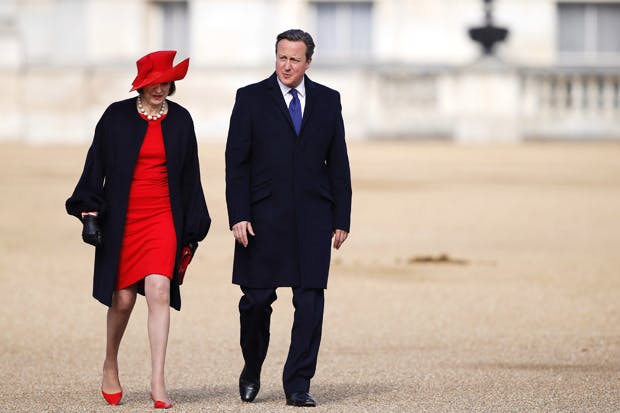


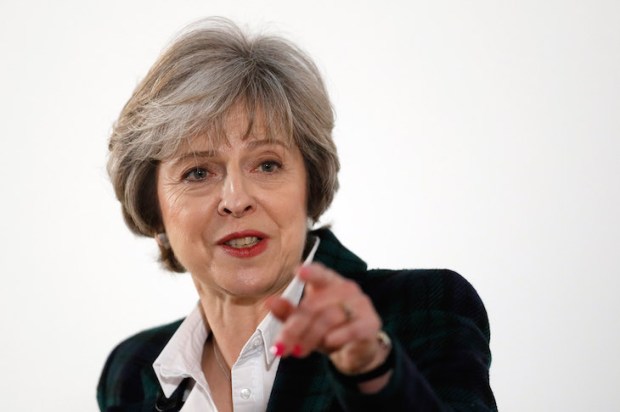
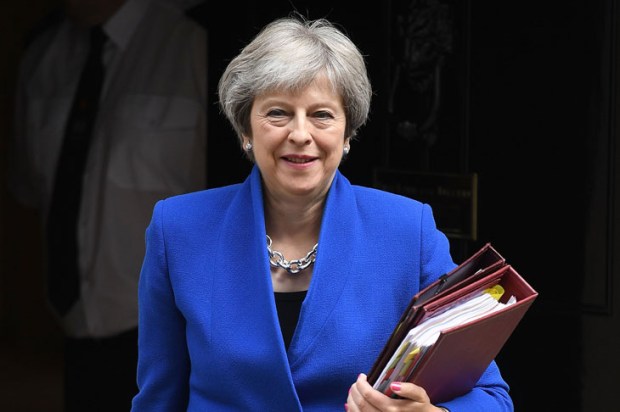
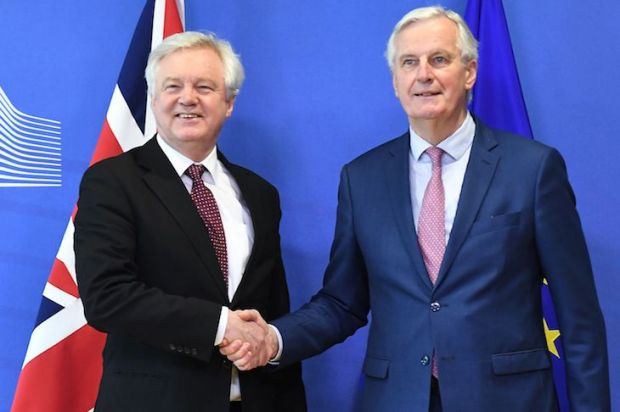
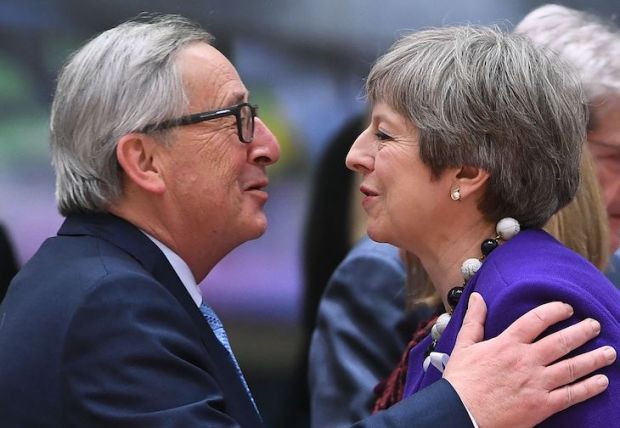






Comments
Don't miss out
Join the conversation with other Spectator Australia readers. Subscribe to leave a comment.
SUBSCRIBEAlready a subscriber? Log in